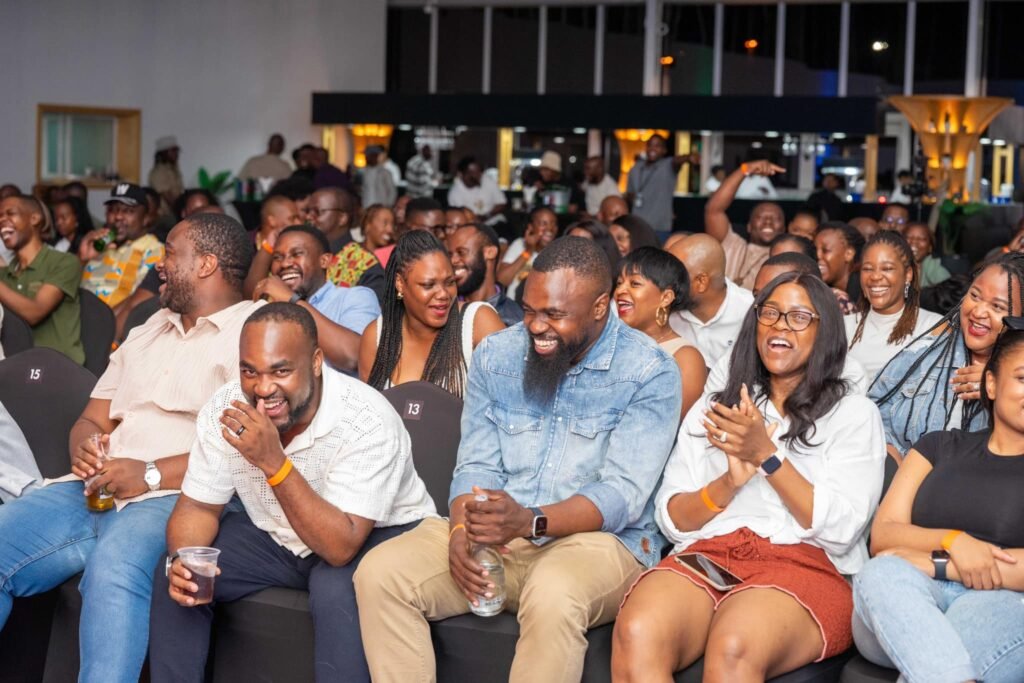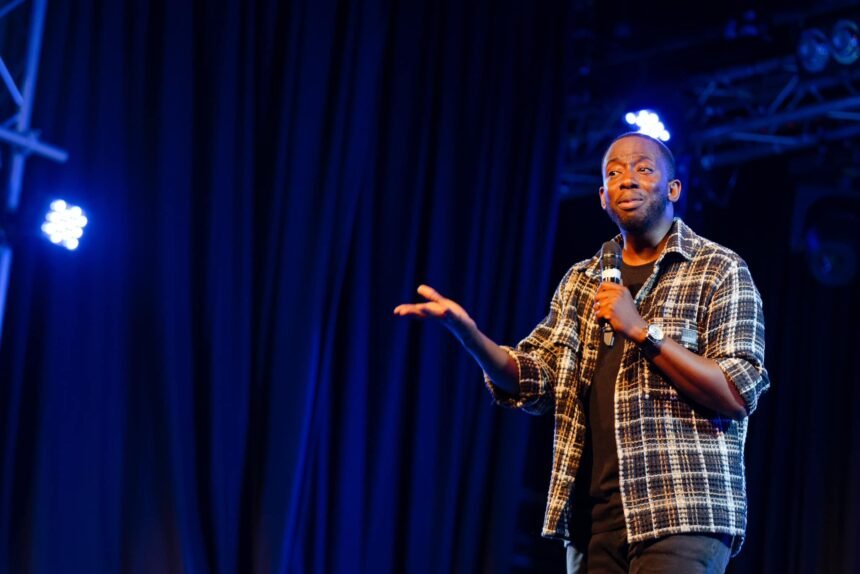Zimbabwe’s entertainment industry is growing steadily, organically and with increasing international recognition. While music has long been the dominant force, other sectors, particularly comedy, are emerging as powerful contributors to the country’s cultural footprint.
Once viewed as a niche genre, comedy in Zimbabwe is experiencing a quiet but meaningful boom. A new generation of comedians is not only entertaining local audiences but also captivating international platforms. More importantly, they are contributing to a broader rebranding of Africa through humour, storytelling, and satire.
One of the most influential voices in this movement is King Kandoro (real name Mukudzei Kandoro Majoni), a Zimbabwean comedian now based in the United Kingdom. Widely regarded as Zimbabwe’s leading satirist, Kandoro has carved out a unique space through his sharp-witted parody news show “Properganda with Kandoro” and the podcast “ Black & Forth Podcast”, which he co-hosts with Munashe Chirisa.
Beyond his talent, Kandoro’s strength lies in his ability to collaborate and build connections. Whether engaging fellow creatives on his platforms or tackling topical issues with insight and humour, he brings people together, bridging divides between Zimbabweans at home and in the diaspora. His humour is not only smart; it is inclusive, timely, and rooted in lived experience. Kandoro has cultivated a loyal audience through authenticity and dialogue, proving that comedy, when done well, can be both unifying and transformative.

Another standout figure is Learnmore Jonasi, formerly known as Long John the Comedian. Nicknamed “The Village Boy,” Jonasi has gained wide acclaim for his unique storytelling style. He has won numerous accolades, including the 2019 Savanna Comic Choice Pan African Comic of the Year Award, and was the People’s Choice Award winner in Steve Harvey’s Stand-Up Spotlight competition. He continues to represent Zimbabwe on global stages, bringing authenticity and humility to every performance.
Also making waves is Nigel Maritinyu, better known as Nigel Tha Slick Pastor or simply Nijo. Through social media skits and comedic characters, he offers sharp social satire with a distinctly Zimbabwean flavour. Alongside talents like Tafadzwa Madzika, this new crop of comedians is reshaping how Zimbabwean humour is consumed, often through podcasts, digital series, and viral clips.
These platforms, often underrated, have become powerful tools for reaching the diaspora and international audiences. What makes Zimbabwean comedy increasingly appealing is its relatability. The diaspora market, though initially targeted at Zimbabweans abroad, has proven to resonate with broader African communities and even non-African audiences. When staged in cities like London or Johannesburg, shows are often attended by a diverse crowd drawn to the honesty, absurdity, and universality of the material.
It’s important to acknowledge that Zimbabwe has a proud history in comedy. Carl Joshua Ncube was among the early pioneers who gained international exposure, helping pave the way for today’s performers. While not all comedians reach major platforms, social media has become a proving ground. From TikTok and YouTube to Instagram and Twitter, Zimbabwean comedians are finding new ways to build audiences and earn a living through content creation.
The rise of Zimbabwean comedy is not just about laughs. It’s about perspective, cultural identity, and the soft power of humour. These comedians are using their platforms to challenge stereotypes, reflect on everyday realities, and invite audiences, local and global, to see Zimbabwe differently.
The stage is expanding. For the likes of King Kandoro, Learnmore Jonasi, Nigel Tha Slick Pastor, and a host of emerging voices, there is space for all. And for Zimbabwe, this growing visibility signals a broader cultural shift, one where laughter becomes a language for connection, pride, and progress.










